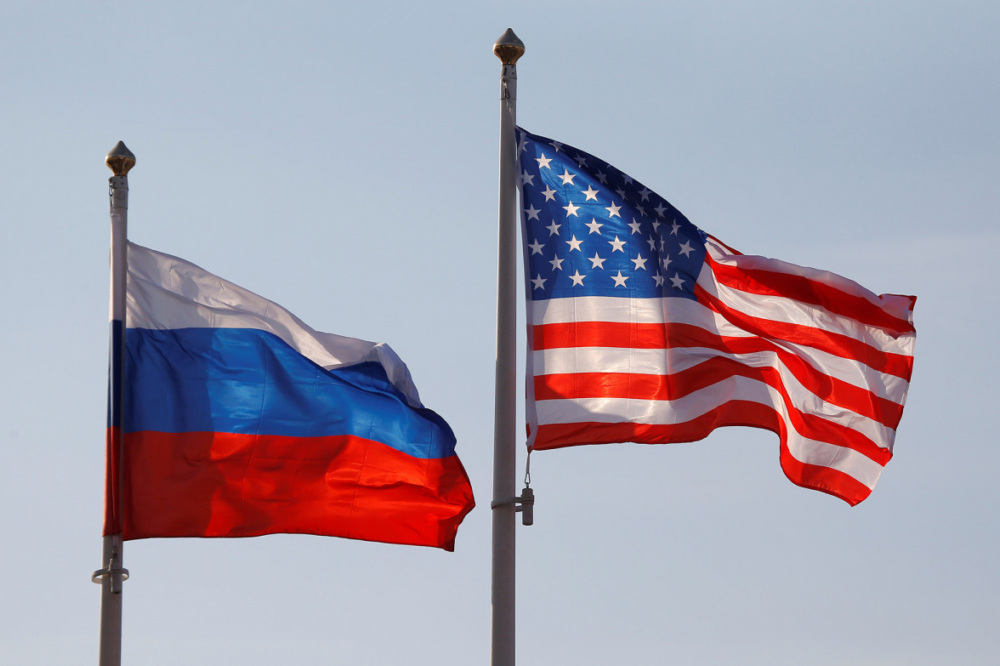
Page Stoutland, Ph.D.
Consultant, Scientific and Technical Affairs
In an incident requiring cooperation between the U.S. and Russia, barriers would exist in how each side would manage the crisis. How can we best identify and manage those barriers in advance?
NTI organized an exercise involving prominent Russian and U.S. experts that simulated a crisis involving seizures of kilogram quantities of weapons-usable nuclear material.
We identified serious barriers that could lead to delays in the two governments’ ability to act and ultimately could compromise their ability to thwart the terrorist nuclear device.
If terrorists can obtain a sufficient quantity of nuclear material, they could design, construct, deploy, and detonate a nuclear bomb. The consequences would be so devastating for the world that it justifies every effort to prevent it.
The world is taking important measures right now to secure vulnerable nuclear materials around the globe. This is the essential first step to preventing a terrorist nuclear attack. But it is also critical that the world be prepared to take additional actions as well, steps that would become urgent in a scenario in which terrorists succeeded in acquiring nuclear bomb-making material but were caught in the act of smuggling it.
NTI sponsored a “tabletop exercise” held in May 2011 involving prominent Russian and U.S. experts that simulated a crisis involving seizures of kilogram quantities of weapons-usable nuclear material. This simulation demonstrated that there are significant but removable barriers to effectively and safely managing the crisis. These barriers are so serious that they could lead to significant delays in the two governments’ ability to act and ultimately could compromise successfully thwarting the detonation of a terrorist nuclear device.
NTI Co-Chairman and former U.S. Senator Sam Nunn and NTI Board member and former Russian Foreign minister Igor Ivanov led the exercise, which included former senior government officials from the United States and Russia.
Participants brought to the exercise experience in law enforcement, military affairs, customs, media, and diplomacy along with technical and policy expertise in the nuclear field. The exercise was distinctive in that it was conducted bilaterally and was designed to better explore issues unique to the U.S.-Russian relationship.
